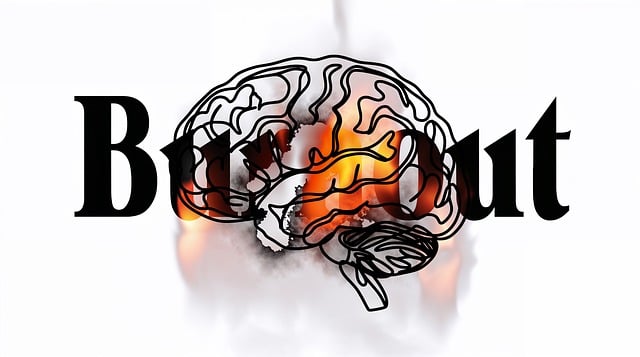Broomfield Family Counseling Therapy provides essential Crisis Intervention Team (CIT) training, empowering professionals to collaborate and de-escalate mental health crises through interdisciplinary approaches. Their comprehensive programs cover conflict resolution, cultural sensitivity, and self-care routines, ensuring teams are skilled in risk assessment, evidence-based interventions, and connecting individuals with appropriate care. Regular refresher courses and workshops equip CIT members to navigate diverse crisis scenarios effectively, fostering safer, more supportive communities.
“In today’s challenging social landscape, effective crisis intervention is more crucial than ever. This article explores the vital role of Crisis Intervention Teams (CITS) in communities and how specialized training programs, such as those offered by Broomfield Family Counseling Therapy, are empowering professionals to handle critical situations.
We’ll delve into the essential components that define successful CIT training, shedding light on why these programs are transforming lives and communities.”
- Understanding Crisis Intervention Teams: A Vital Resource for Communities
- Broomfield Family Counseling Therapy: Unlocking the Power of Training Programs
- Essential Components of Effective Crisis Intervention Team Training
Understanding Crisis Intervention Teams: A Vital Resource for Communities

Crisis Intervention Teams (CITs) are a vital resource for communities, providing immediate and specialized support during times of intense emotional distress or mental health crises. These teams typically consist of trained professionals from various disciplines, including Broomfield Family Counseling Therapy experts, who collaborate to assess and de-escalate high-risk situations. By integrating the skills of mental health specialists, first responders, and community support workers, CITs offer a comprehensive approach to crisis management.
The role of these teams is multifaceted; they not only offer immediate aid but also facilitate long-term emotional regulation and stress management workshops for individuals facing chronic or recurring crises. Through regular training sessions and risk assessment exercises, members gain the expertise needed to identify warning signs, implement evidence-based interventions, and connect individuals with appropriate care. This collaborative effort ensures that communities are equipped to handle mental health emergencies effectively, fostering a safer and more supportive environment for everyone involved.
Broomfield Family Counseling Therapy: Unlocking the Power of Training Programs

Broomfield Family Counseling Therapy stands as a beacon of hope and healing, offering transformative training programs that equip individuals with the skills to navigate life’s crises effectively. Their specialized courses delve into crucial aspects such as conflict resolution techniques, fostering cultural sensitivity in mental healthcare practice, and cultivating self-care routines for enhanced mental well-being. By participating in these programs, participants gain invaluable insights and tools to support themselves and others during challenging times.
Through interactive workshops and real-world scenarios, Broomfield Family Counseling Therapy empowers attendees to build resilience and promote positive change. The focus on cultural sensitivity ensures that practitioners can offer tailored care, addressing diverse needs within the community. Moreover, self-care routine development is a cornerstone of their training, recognizing that mental health professionals must prioritize their own well-being to effectively support others.
Essential Components of Effective Crisis Intervention Team Training

Effective crisis intervention team (CIT) training programs are designed to equip mental health professionals with crucial skills and knowledge to manage high-stress situations. At Broomfield Family Counseling Therapy, we understand that CIT training goes beyond basic first aid; it involves comprehensive education on identifying and mitigating risks associated with various crises. This includes intensive simulations and role-playing scenarios that allow participants to practice their response strategies in a controlled environment.
A vital component of these programs is risk management planning. By integrating concepts from Risk Management Planning for Mental Health Professionals, CIT trainees learn to assess and de-escalate situations effectively. They are trained to recognize early signs of mental health emergencies, such as depression prevention triggers, and respond with empathy and professionalism. Through regular refresher courses and ongoing mental health awareness workshops, teams can maintain their preparedness and adapt to evolving crisis scenarios.
Crisis intervention team training programs, like those offered by Broomfield Family Counseling Therapy, are essential components in equipping communities with vital resources. By understanding the unique dynamics of these teams and mastering effective communication strategies, participants gain invaluable skills to navigate and de-escalate crises safely and compassionately. These programs are a game-changer in fostering resilient and supportive communities where folks can find help when facing challenging situations.












